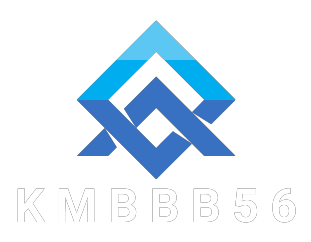In the vast landscape of human development, few concepts are as deeply rooted in our progress as Saber (to know) and Conocimiento (knowledge). These two terms, while often used interchangeably, carry nuanced meanings that together form the foundation of human intelligence, growth, and civilization Saber y Conocimiento. Understanding the difference and synergy between saber and conocimiento allows us to explore the richness of learning, critical thinking, and the pursuit of wisdom.
What Is Saber?
Saber refers to the act of knowing or being aware of facts, information, or truths. It is the ability to recall data, use learned skills, and demonstrate cognitive awareness. In many ways, saber represents applied knowledge—what a person knows how to do. It is closely tied to experience, practical learning, and the capacity to solve real-world problems.
For example, knowing how to drive, how to cook, or how to solve a math problem falls under the category of saber. It is often gained through practice, repetition, and doing. This kind of knowledge is dynamic and can evolve as a person gains more experience.
What Is Conocimiento?
Conocimiento, on the other hand, refers to the broader understanding of facts, theories, and concepts. It is the result of study, observation, and intellectual engagement. This form of knowledge is more reflective and theoretical. It involves understanding not just how something works, but why it works that way.
Reading a book about philosophy, understanding scientific principles, or studying history are examples of acquiring conocimiento. It deepens one’s perspective, encourages critical thinking, and fosters a deeper comprehension of the world.
The Relationship Between Saber and Conocimiento
While saber and conocimiento are distinct, they are inherently connected. Saber without conocimiento may lead to mechanical actions without understanding, while conocimiento without saber may remain abstract and unpractical. True mastery lies in the combination of both.
A surgeon, for example, must have the conocimiento of human anatomy and medical theory, along with the saber to perform operations successfully. A teacher needs the conocimiento of educational theories and subject matter, and the saber to communicate and connect with students effectively.
Why Saber y Conocimiento Matter Today
In the digital age, access to information is easier than ever. However, knowing facts is not the same as understanding them. This is where the balance between saber and conocimiento becomes vital. As society faces challenges like misinformation, environmental crises, and technological disruption, cultivating both practical skills and deep understanding is more important than ever.
Educational systems, workplaces, and communities benefit when they encourage both forms of learning. Promoting critical thinking, creativity, and emotional intelligence alongside technical skills prepares individuals to navigate complexity with confidence.
Conclusion
Saber y conocimiento are not merely academic terms—they represent a lifelong journey of growth. They reflect how we engage with the world, make decisions, and contribute meaningfully to society. Embracing both allows us to evolve not only as skilled individuals but as thoughtful, informed, and wise human beings. By recognizing the value of both practical know-how and deep understanding, we unlock the full potential of human intelligence.
